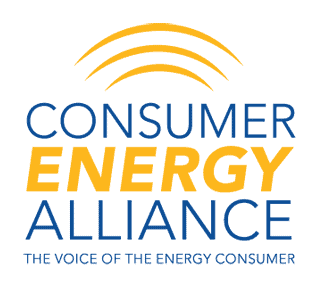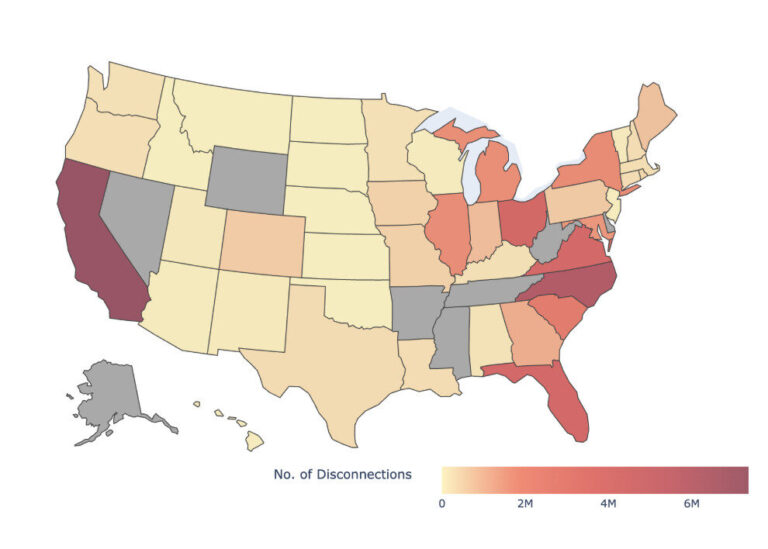Consumer Energy Alliance, group behind fraudulent petitions and letters signed by dead people, releases anti-solar report

The Consumer Energy Alliance, which you may know from greatest hits like “submitting a petition full of fake names” and “writing letters to federal agencies signed by people who have been dead for 18 years” is at it again. CEA, which is a front group for fossil fuel companies and utilities, released a report last month attacking policies that support solar power.
That may seem odd, since CEA purports to be “pro-solar” and even has a petition on its web site with misleading language for the public to sign, like: “As American energy consumers, we call on policy makers to create policies that are pro-solar, pro-grid and pro-consumer.” The petition was published on September 15, 2016, one week after CEA released its anti-solar report, and makes no reference to a specific policy or policymaker who would receive it.
But the two-faced nature of the group actually aligns perfectly with the latest strategy of CEA’s patrons, which are the nation’s investor-owned electric utilities. Knowing that solar energy is immensely popular with Americans, utilities have adopted misleading messaging to suggest that they are pro-solar, even as they attack solar-supportive policies. The most egregious case of the industry’s strategy may be in Florida, where Florida Power & Light, a CEA member, has been the leading funder of Amendment 1, a Florida ballot initiative with confusing “pro-solar” language. If the amendment is approved, FPL and the other utilities in the state will further cripple the already stunted solar market there. CEA has, unsurprisingly, supported Amendment 1.
In addition to Florida Power & Light, other utility backers of CEA include Ameren Missouri, Dominion Resources, Entergy, Public Service of New Mexico, and SCANA. Utility trade groups like the Edison Electric Institute, National Rural Electric Cooperative Association and Nuclear Energy Institute also are members.
CEA’s latest report criticizes solar tax credits and solar net metering, which compensates solar customers for the excess solar energy they sell back to their utilities. The report admittedly ignores the robust studies that quantify the values of solar power, which are substantial. The CEA report also confuses rebates offered by utilities with government policies and criticizes third-party solar ownership models.
CEA has demonstrated a casual relationship with the truth in the past. In September of 2016, a group of Ohio property owners asked the postal inspection service and the Federal Energy Regulatory Commission (FERC) to conduct a criminal review of CEA. CEA had sent 347 letters to FERC supportive of a pipeline proposed by Nexus Gas Transmission, using the names of local residents, including an Ohio man who has been dead since 1998. The complaint can be viewed on FERC’s website, and includes affidavits from 14 Ohio residents who deny writing letters approving the pipeline as well as giving permission to the CEA to write letters on their behalf. Spectra Energy is a partner in the construction of The Nexus Gas Transmission line. It is also a member of CEA.
In 2014, CEA was caught submitting a fraudulent petition which attacked net metering and defended utility companies’ fixed-rate increase proposals in Wisconsin. CEA submitted names of 2,500 state residents that “supported” the utilities’ proposals. Madison Capital Times revealed that certain people on the CEA petition were in fact against the proposal. The PSC then dismissed the petition saying it would not be included in the record.
See our full profile of CEA here.



